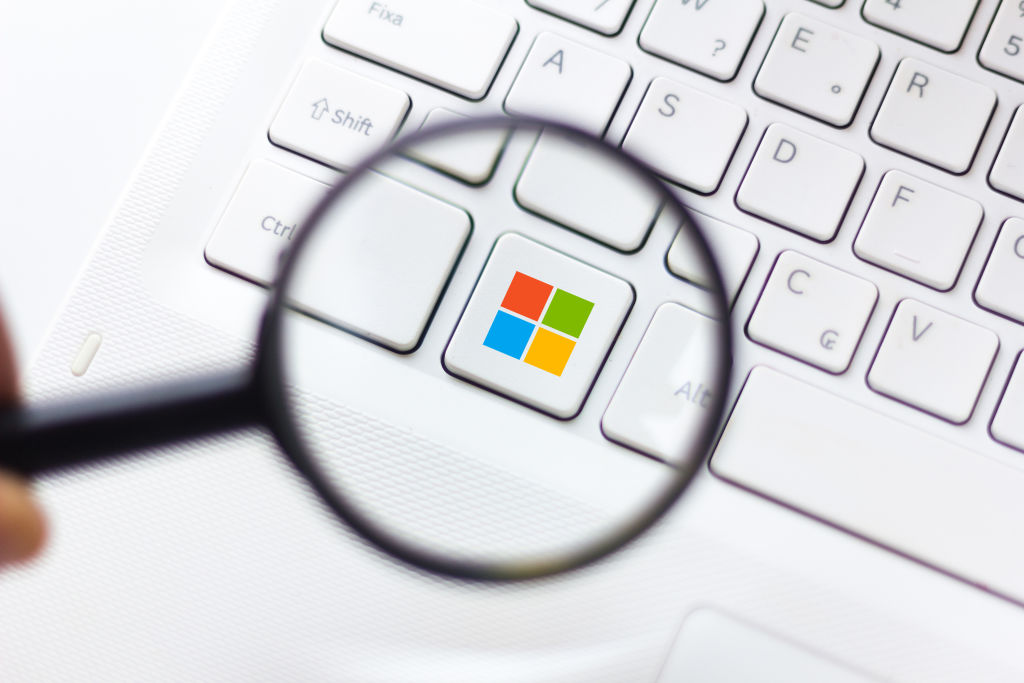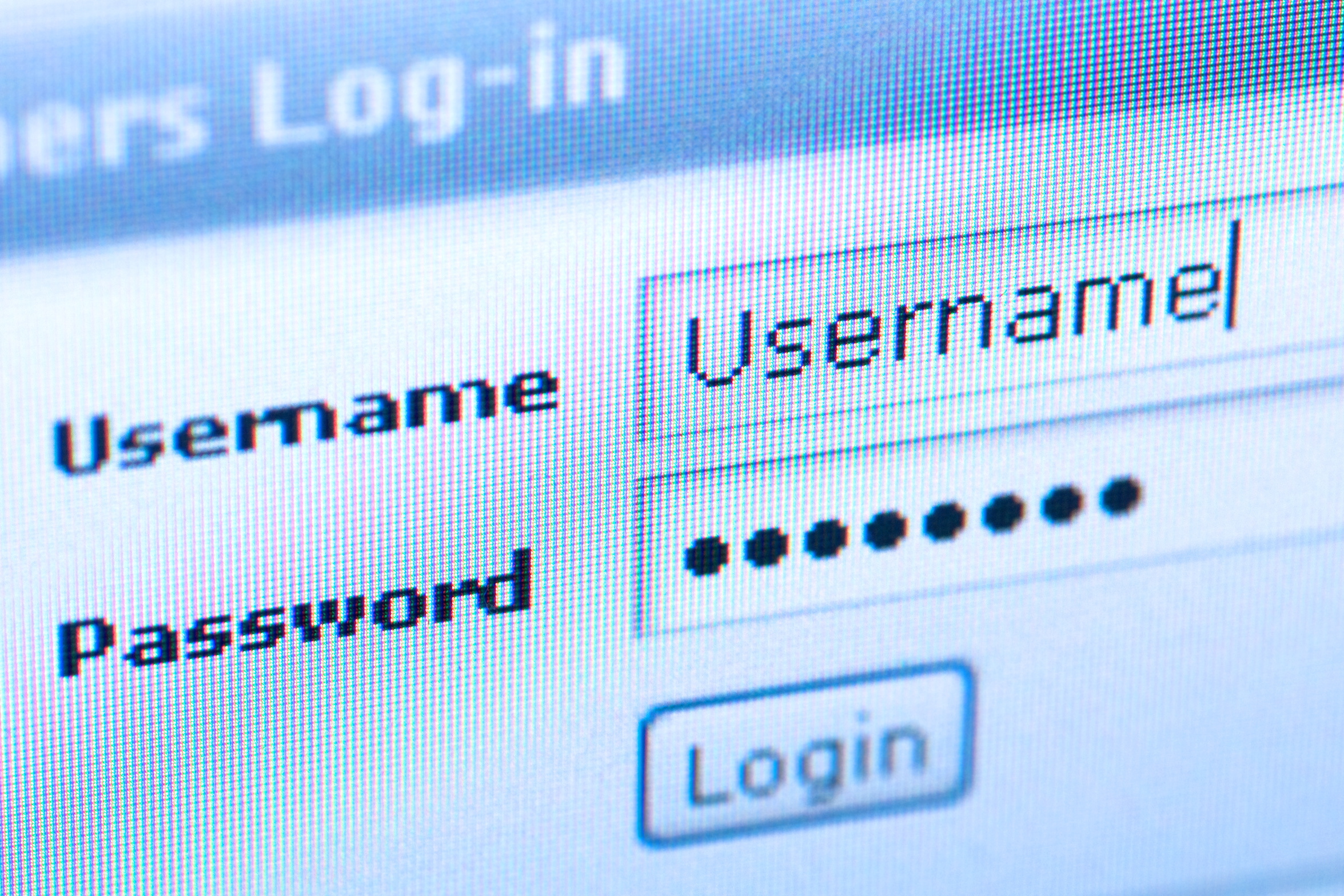Microsoft ditches passwords for Windows 10 S in test run
Microsoft is considering biometric options amongst others

Microsoft is running a test version of a Windows 10 S that discards the use of conventional passwords altogether, opting for biometric and other authentication options instead.
Windows 10 S, which is reportedly shifting from a fully-fledged OS to being embedded within the Windows 10 Pro and Home versions, is using alternative techniques to make the process of logging in more secure.
These include mobile authentication, where a one-use code is generated by an app, and FIDO keys that allow USB devices to carry out authentication. Biometric options such as facial recognition and fingerprint scanning are also included.
Microsoft lamented passwords as "inconvenient and insecure" and has explained that with the Authenticator App, a PC running Windows 10 S could be set up without the need for a password.
The software giant has also incorporated basic privacy measures, including being able to delete data gathered by the Diagnostic Data Viewer, which was installed by the Windows Insider Build 17983.
The latest Insider Preview updates from Redmond further signals a new era where access and security are more tightly interwoven than before. Companies are aware that users, forced to remember lists of passwords and therefore set themselves easy ones, are vulnerable to hacking through password theft.
The shift to using different forms of authentication such as biometric measures, including fingerprint scanners and facial recognition, is being increasingly recognised by many tech companies as an effective way of maintaining personal online security for the average user.
Get the ITPro daily newsletter
Sign up today and you will receive a free copy of our Future Focus 2025 report - the leading guidance on AI, cybersecurity and other IT challenges as per 700+ senior executives
This update the follows Microsoft's rumoured plans to drop Windows 10 S as a standalone product, which it initially envisioned competing with Google's Chrome OS that power Chromebooks.
-
 Microsoft Defender “obliterating” users with false password alerts
Microsoft Defender “obliterating” users with false password alertsNews Windows 11 devices have been affected by the Defender for Endpoint error, which flags SSO domains as problematic
By Rory Bathgate
-
 Microsoft angers admins as April Patch Tuesday delivers password feature without migration guidance
Microsoft angers admins as April Patch Tuesday delivers password feature without migration guidanceNews Security fixes include a zero day exploited by a ransomware group and seven critical flaws
By Connor Jones
-
 Google’s about to push everyone into two-factor authentication
Google’s about to push everyone into two-factor authenticationNews “Passwords are the single biggest threat to your online security,” the company says
By Mike Brassfield
-
 Web surfers drowning in a deluge of passwords
Web surfers drowning in a deluge of passwordsNews Internet users think that passwords are a pain to remember, but what are companies doing about it?
By Asavin Wattanajantra

